Felt Making
Felt is a textile material that is produced by matting, condensing, and pressing fibers together. Felt making is making fabric by locking together fibers ( generally wool ) using friction and moisture. There is also needle felting which doesn’t require moisture or friction. Felt is one of the world’s oldest textiles.
Types of felt:
check out this all list of the types of felt.
- Pressed Felt
- Woven Felt
- Needled Felt
There are a few types of felt available to work with, alongside needle felt which you can create yourself.
1.Pressed Felt :

This is the oldest form of felt that is known to man. This felt can be cheap to make and it has thickness which achieve a high density. It’s the most common type, which uses wool fibres or a blend of wool and synthetic fibres which are compressed using heat and moisture, causing the fabrics to interlock.
2. Woven Felt :
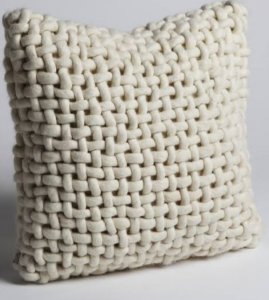
To make woven felt, wool or a wool blend is directly woven into a cloth and then moisture & pressure are applied. This is a durable fabric which is ideal for musical instruments and door seals.
3. Needled felt –
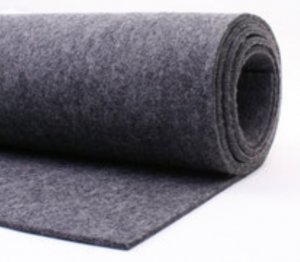
In needled felt, a blend of wool and synthetic fibers, or 100% wool are again interlocked but this time by a machine rather than naturally. This is a soft, less, dense type of fact fabric that is often used for crafts or cushioning.
What is felt made from ?
Felt is typically composed of wool or other natural raw materials, which generally produces the highest quality and softest fabric. Making wool ideal for this fuzzy fabric, it also matters very easily. For certain crafts or industrial use, adding a percentage of synthetic fibers can increase felts durability and can also increase pliability. The synthetic mix is the best for the products.
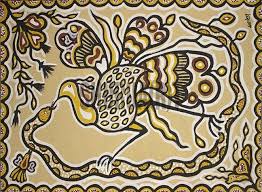
What is felt used for ?
Felt has been used in many cultures as a material for footwear, clothing, rugs, and even tents. It is a non-woven textile. Today, felt is used in many craft projects. Felt that is made from man-made fibers are economical to buy .
Felt in fashion
During the 18th and 19th centuries, gentlemen’s top hats made from beaver felt which were very popular. Later on, in the 20th century, in the western world mainly, many men started wearing, cloth felt hats, such as fedoras, trilbies, and homburgs. Felt is often used in footwear as boot liners, with the Russian valenki being an example.
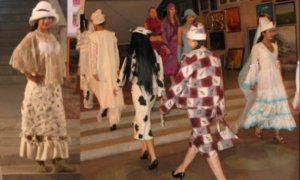
Felt in art and design
German artist Josef Beuys among others, used felt prominently in a number of works.
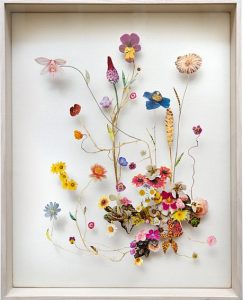
Felt in musical instrument
Felt is being used in many musical instruments. It is often used as a damper. It is used to wrap bass drum strikers and timpani mallets. It is also used on the pallete to silence notes not sounded by preventing air flow.

Industrial uses
Felt is frequently used in industry as a sound or vibration damper, and in machinery for cushioning and padding moving parts.
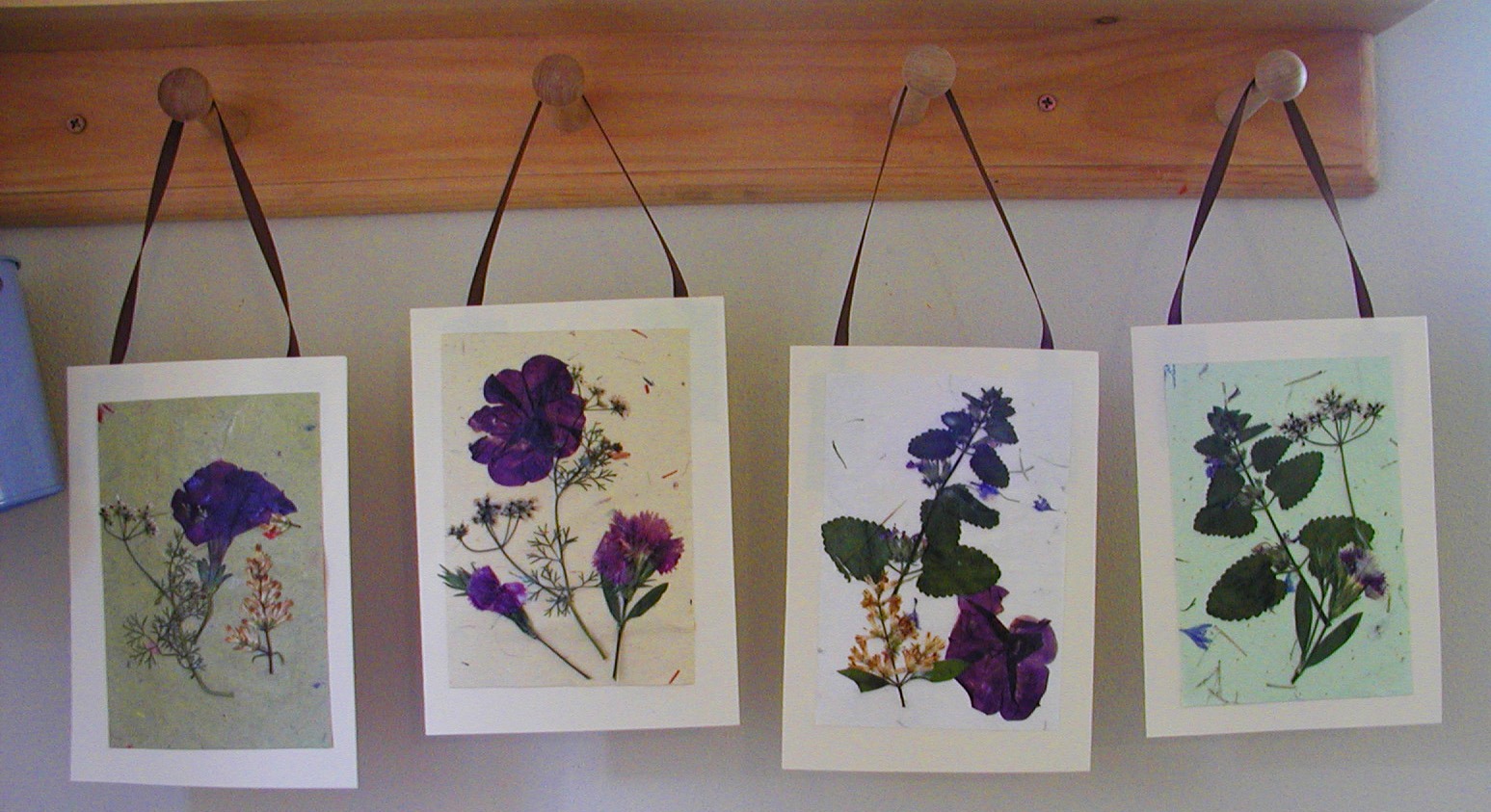
Advantages & Disadvantages :
Advantanges –
- A) Durable
- B) Warm but lightweight
- C) Doesn’t fray
- D) Easy to cut and work with
- E) Generally inexpensive
Disadvantages –
- A) Not particularly supple
- B) Minimal elasticity
- C) Coarse texture
- D) Potential to shrink
Hence, felt is perhaps one of the most unique and versatile industrial fabrics available. Its many properties are unrivaled by any other single material.Wool felt is naturally flame retardant & self extinguishing.



